QuestionI have an almost 10-year old tea cup Maltese. In 2005 he started losing his hair, and it wasn't noticeable at first. After time I realized what was happening and took him to my vet who could not diagnose him. I took him to a specialist and she told me that she wasn't quite sure what was wrong with him but that it had to do with an overactive sex gland...whatever that means. He has since lost all his hair except for his feet and face. His skin is very thin and he's always itchy and licking whatever body part he can get to. He has comedones near his genitals and possibly sebborhea. His skin also went from a white-pink color to white-brown, he looks like a little cow. His hair thinning started on his stomach and worked its way onto his trunk. I've given him organic food and the Nzymes yeast kit and nothing has helped. Please help!
Answer
 Cushings (hyperadreno
Cushings (hyperadreno
I think you misunderstood this specialist. And I find it inconceivable that not one of these vets has tested this dog for Cushings disease. He has all the classic symptoms and the breed predilection for it.
Feeding him organic food is great but he needs to march back into the vets and be left for an all day ACTH test which measures the amount of cortisone in his system.
Here are the symptoms of Cushings (hyperadrenocorticism):
Symptoms
For dogs ultimately diagnosed with Cushing's disease, hair loss was one of the most common reasons the owners first brought their dog in for evaluation.
As a result of the chronically elevated glucocorticoids (steroids), the affected dogs develop a classic combination of dramatic clinical signs and lesions. The disease progresses slowly. A study showed that most dogs had at least one symptom of the disease from one to six years before the disease was diagnosed. Because the symptoms occur so gradually, the owner often attributes the changes to "old age." Some dogs will have only one symptom, while others may have many.
Hair Loss and Thin Skin:
Hair loss and thinning of the skin are also common symptoms in dogs with Cushing's disease. It is estimated that between 50% and 90% of the affected animals develop these symptoms. Hair loss (alopecia) is one of the most common reasons that owners bring their dog in for evaluation. The hair loss usually starts over the areas of wear such as the elbows and progresses to the flanks and abdomen until eventually only the head and extremities have hair. The skin may also become thin and be easily damaged and slow to heal.
Increased panting, recurrent urinary tract infections, or losses in reproductive ability are other symptoms often noted with this disease.
Increased Water Consumption and Urination: The most common symptom is increased consumption of water and the resultant increased urination (polyuria/polydipsia). The dogs drink between two and ten times the normal amount of water and the resultant increase in urination follows. This symptom is present in over 85% of all animals with Cushing's disease. Previously housebroken animals may begin to have accidents because their bladders fill quickly with the overproduction of urine.
Increase in Appetite:
Increase in appetite (polyphagia) is another common clinical symptom that shows up in around 80% of the affected animals. Dogs may begin stealing food, getting into the garbage, begging continuously, and become very protective of their food. Despite having other symptoms, the owner may feel that the dog is okay because of his good appetite.
Abdominal Enlargement:
Abdominal enlargement is a common symptom in up to 80% of the affected dogs. The potbellied appearance is a result of the shifting of fat to the abdominal area and a weakening and wasting of muscle mass in the abdomen.
So if that isn't enough I am including an image of a typical dog with Cushings. Please note that it is also a Maltese or a cross.
You need to have him tested. If your vet doesn't know anything about this very common disease then you need a new vet. I will refrain from commenting on the vet.
If nothing else, he needs a whole blood panel done as well.Please get him in soon and let me know what you find out.


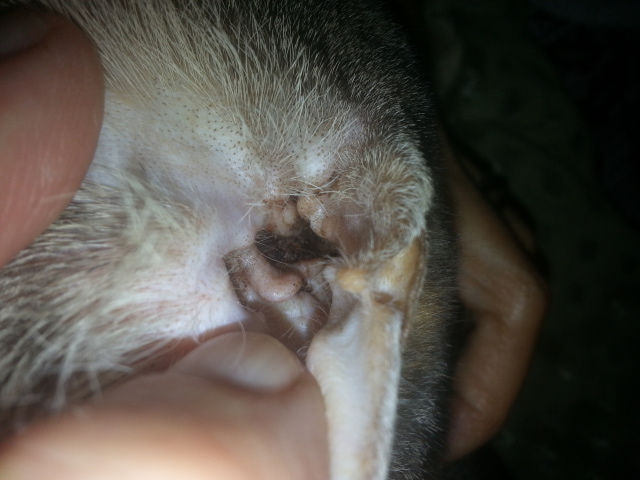 cat ear problems
Question
Cats ear
I think our cat has an ear pro
cat ear problems
Question
Cats ear
I think our cat has an ear pro
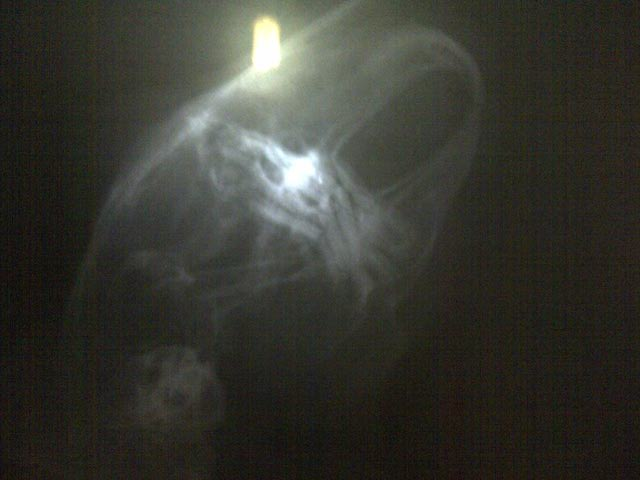 inquiry..my bunny keeps drolling n grinding his teeth
Question
dental xray xray
Dear Jana,
Hai..
inquiry..my bunny keeps drolling n grinding his teeth
Question
dental xray xray
Dear Jana,
Hai..
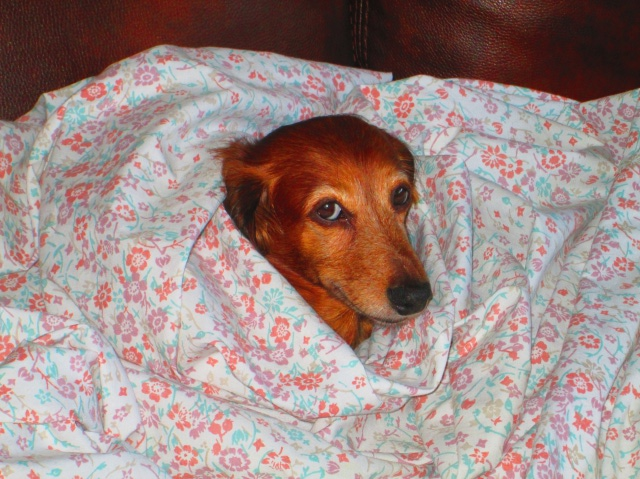 Dachshund yeast infection in ear-lameness
Question
Pearl
Hi! My 11 yr. old dachshund has a
Dachshund yeast infection in ear-lameness
Question
Pearl
Hi! My 11 yr. old dachshund has a
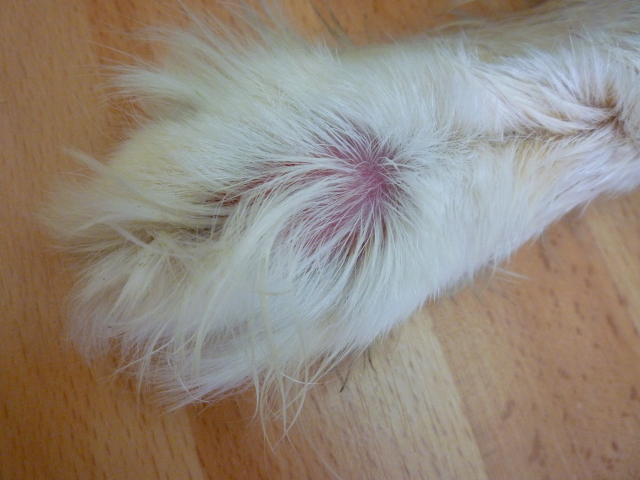 Red irritated foot
QuestionIrritated foot
QUESTION: For the past we
Red irritated foot
QuestionIrritated foot
QUESTION: For the past we
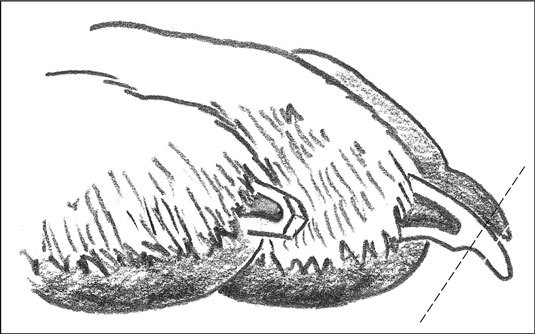 Dogs claws are to long.
QuestionMy dogs claws are very long, they are starting
Dogs claws are to long.
QuestionMy dogs claws are very long, they are starting